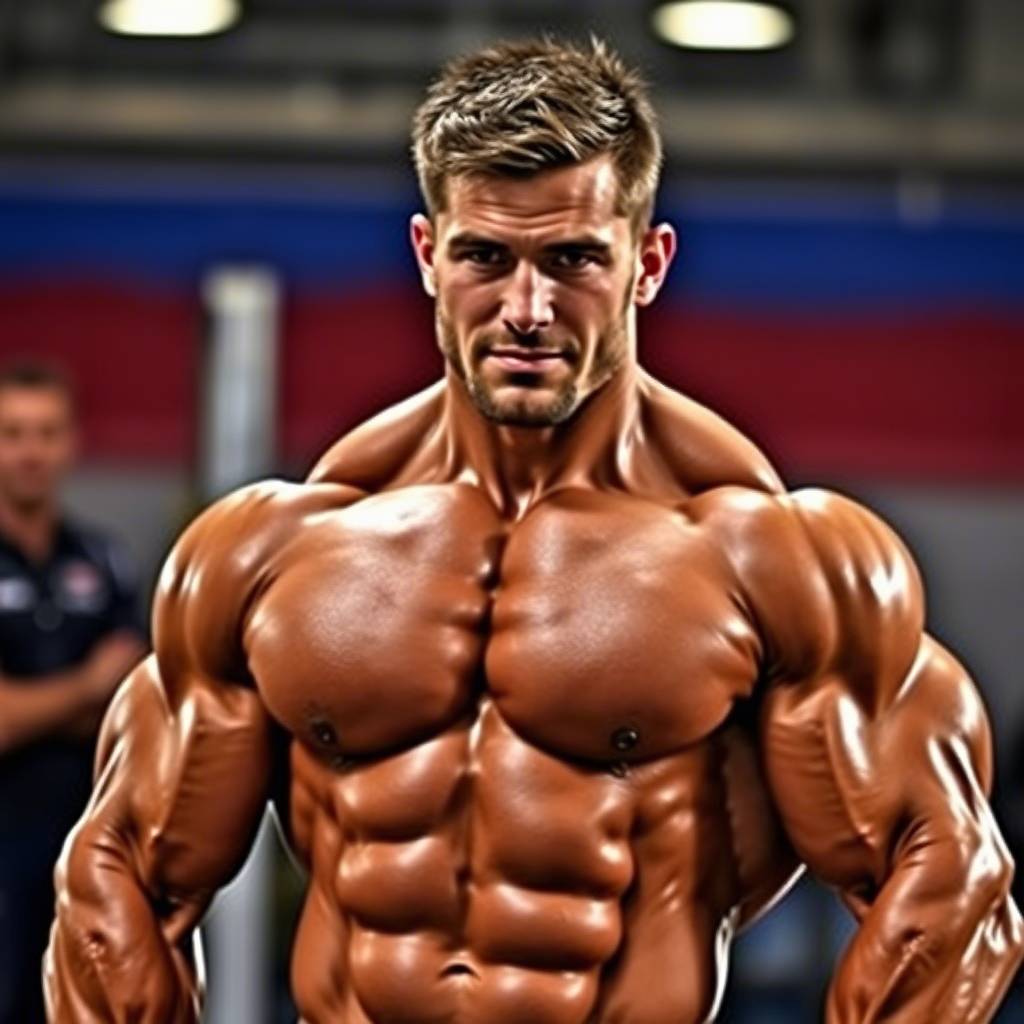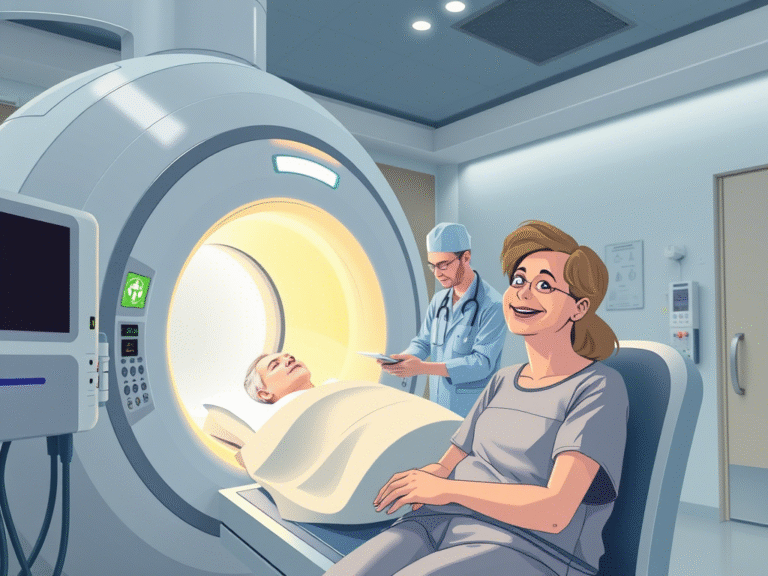Tragic Losses in Bodybuilding World Trigger Warnings About Extreme Physique Demands

Tragic Losses in Bodybuilding World Trigger Warnings About Extreme Physique Demands
2021 was a devastating year for the bodybuilding community, with more than two dozen professional athletes passing away suddenly within just 12 months — some as young as 27.
While studies generally show that elite athletes tend to live longer than the average person, the recent wave of early deaths among bodybuilders has sparked concerns about the health risks unique to this sport.
A new study led by researchers at the University of Padova in Italy is the first to examine the risk of sudden death among a large group of male bodybuilders. The results reveal a troubling trend that experts say can no longer be overlooked by athletes, doctors, or sports authorities.
Over an eight-year period, researchers followed more than 20,000 bodybuilders and recorded 73 sudden deaths — with an average age of 42. While some deaths were linked to drug use, accidents, or suicide, the majority — 46 cases — were due to sudden cardiac failure.
Although the overall risk remains low, the study found that elite professionals face a risk of heart-related sudden death over 14 times higher than that of amateur athletes. This suggests that as competitors push their bodies to extremes, the dangers increase dramatically.
The study found an “alarmingly high” mortality rate among the sport’s top athletes. When researchers focused only on competitors in the Mr. Olympia “open” category — the most prestigious international bodybuilding competition — they discovered that 7 out of 100 elite athletes died suddenly.
Of these, five deaths were confirmed or suspected cases of sudden cardiac arrest, with an average age of just 36 — far younger than expected.
“Current data are concerning,” the international research team concluded, “and strong enough to justify urgent action, including clear guidelines to prevent sudden death and the use of automated external defibrillators at competitions.”
However, the study faced limitations due to a lack of detailed medical records — autopsies were available for only about 10% of the sudden cardiac deaths, leaving many questions unanswered.
Despite this, lead researcher Marco Vecchiato from the University of Padova and his colleagues believe that extreme training, strict dieting, and widespread use of performance-enhancing drugs are likely putting elite bodybuilders’ heart health at serious risk.
These extreme practices can place serious stress on the cardiovascular system, raise the risk of abnormal heart rhythms, and potentially lead to long-term changes in heart structure,” explains Marco Vecchiato.
Autopsy results from the study consistently revealed signs of heart strain among bodybuilders, including thickened left ventricles and enlarged hearts.
This finding supports earlier research showing that bodybuilders’ hearts, on average, weigh nearly 74% more than normal, with left ventricular walls up to 125% thicker than those of the average man.
While more studies are needed — especially on the cardiovascular effects in female athletes — Vecchiato emphasizes that the message is already clear.
“Pursuing physical excellence is admirable, but chasing extreme body transformation at any cost comes with real and serious health risks, especially for the heart,” he says.
He adds, “Based on these findings, medical organizations can no longer overlook this issue. Collaboration between health authorities, sports federations, and policymakers is essential to make the sport safer.





